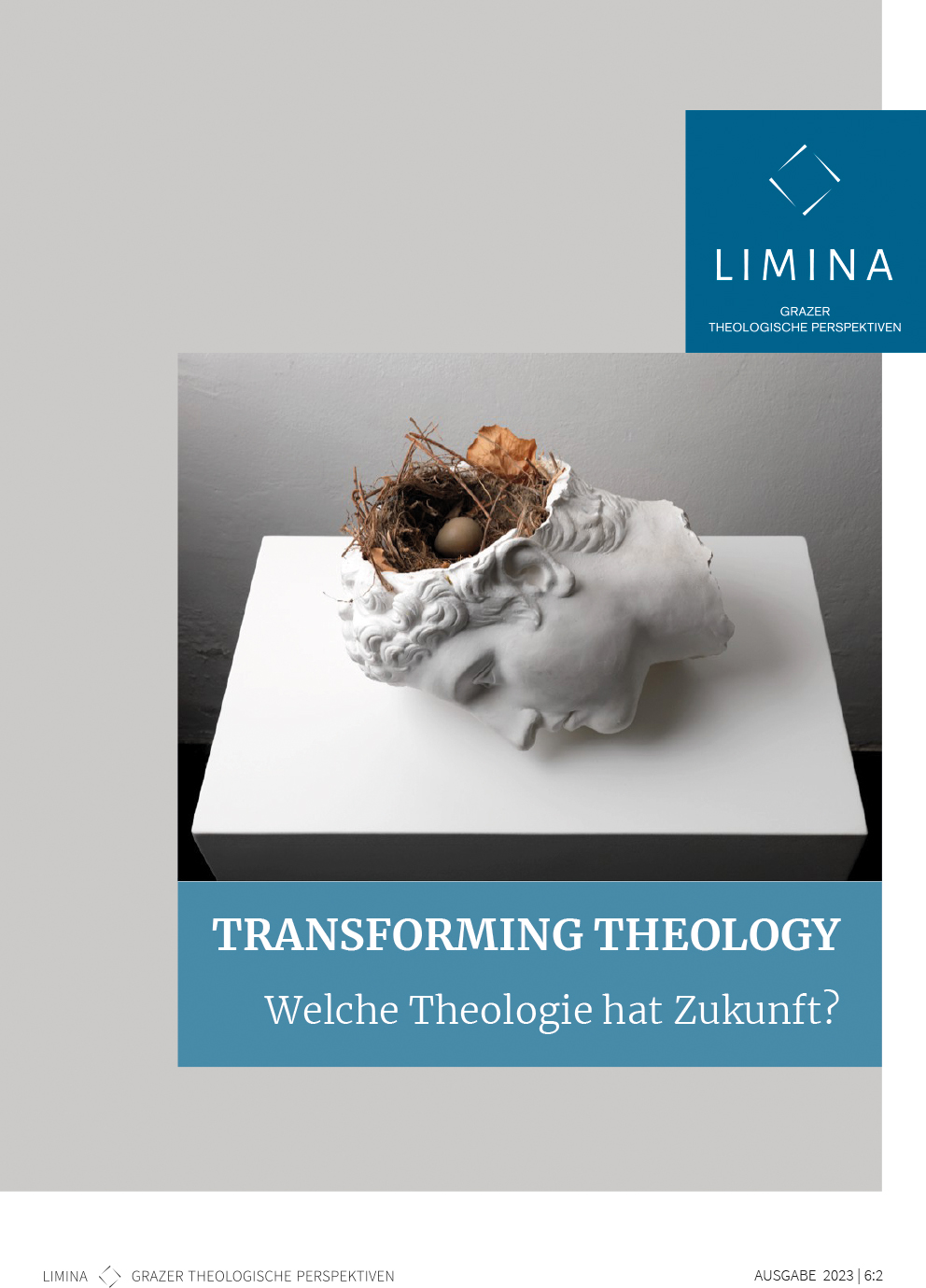Theologie als Wissenschaft – in Kirche und Gesellschaft Thesen mit Erläuterungen
Hauptsächlicher Artikelinhalt
Abstract
In der klassischen Tradition der Theologie als kirchlicher Glaubenswissenschaft betont der Entwurf den Erfahrungsbezug eines mystischen Glaubensverständnisses, durch den der eine Logos der Theologie in allen seinen Dimensionen entfaltet wird. Dem korrespondiert mit John Henry Newman die These, dass die „Phronesis“ die maßgebliche Vernunftbestimmung der Theologie sein muss. Nur so würde die Endlichkeit, Vorläufigkeit und Irrtums- bzw. Ideologieanfälligkeit allen menschlichen Denkens nicht überspielt. Eine christliche Theologie hat zudem für das kulturelle Gedächtnis Europas und der Menschheit ebenso eine grundlegende Bedeutung wie für die Bestimmung einer Glaubenstradition als Bildungsreligion. Dem wird die Theologie aber nur gerecht, wenn sie alle konstitutiven religiösen Lernformen in selbstreflexiver Distanzierung und Partizipation zu integrieren vermag: Lernen in, von und über Religion.
Artikel-Details

Dieses Werk steht unter der Lizenz Creative Commons Namensnennung 4.0 International.
Das Copyright verbleibt ohne Einschränkungen bei den Autor:innen.
Der Inhalt von LIMINA steht unter der Creative Commons Attribution 4.0 International Licence. Mit der Einreichung eines Beitrags stimmen die Autor:innen den Nutzungsbedingungen der CC BY-Lizenz zu.

